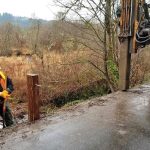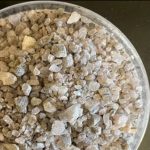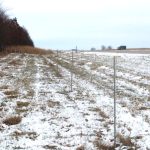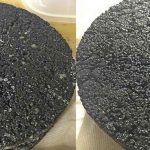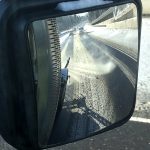Standard Test Procedures for Determining the Ice Melting Capacity of Deicers
|
Winter road maintenance often includes the use of deicing chemicals. However, many roadway deicing products are available, and their ice melting capacity can vary significantly. In addition, the processes that states use to procure and test deicing materials are subjective in measuring performance and are becoming increasingly burdensome for staff. The objective of this project was to provide transportation agencies with an objective, standardized, repeatable laboratory test procedure for measuring the ice melting capacity of deicers. ... Read More about Standard Test Procedures for Determining the Ice Melting Capacity of Deicers | |


